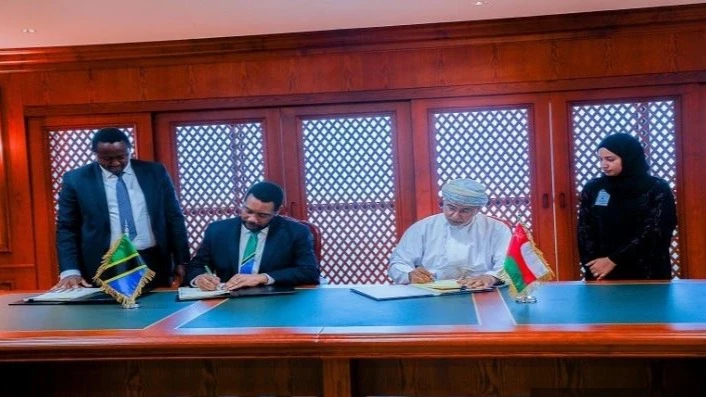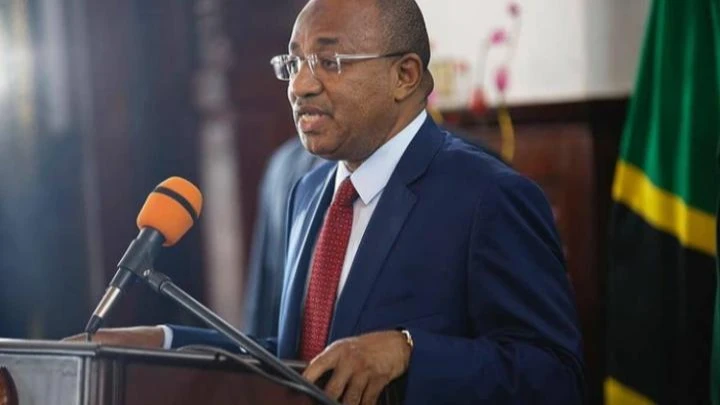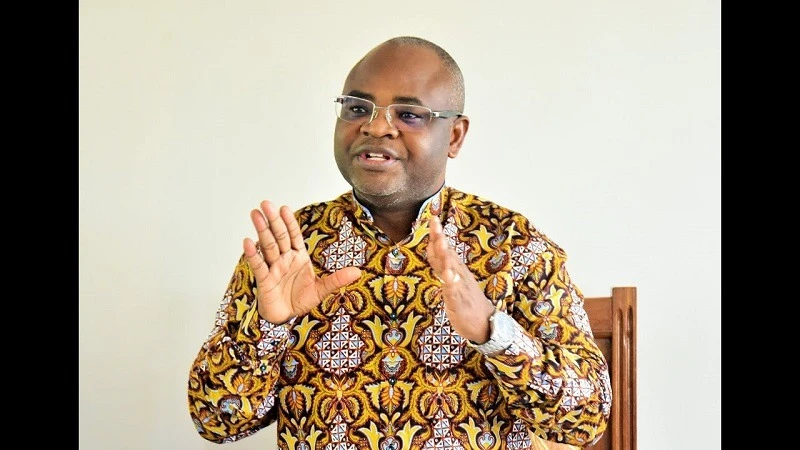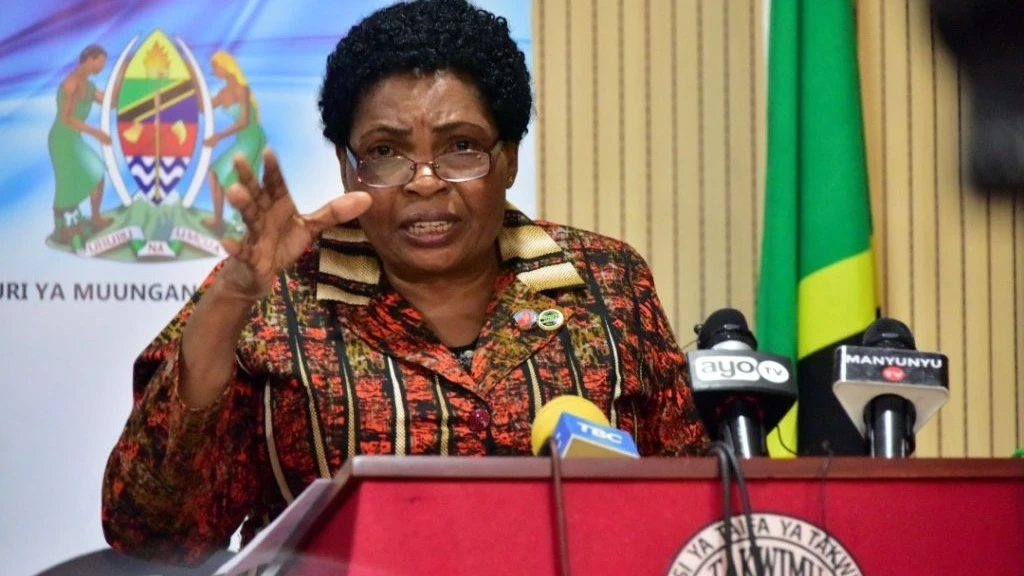Donors will do only so much for our universal healthcare strategy

A SORT of preparatory phase is visible in seeking to implement the universal health insurance (UHI) scheme, with the government stridently talking about strengthening the healthcare financing system to ensure sustainability.
It remains unclear as to how far this already been figured out and how far it may depend on recently issued or current appeals.
Both development partners and the private sector are yet to warm up reassuringly enough to the issue. They support the effort in a wholehearted manner, but they already have specific spheres of financing.
This is well worth taking note of, as Prime Minister Kassim Majaliwa was at hand at a recent conference devoted to the issue to ask the development partners to collaborate with the government in implementing the scheme.
The conference had a technical aspect to it as a UHI forum, and then another sphere of concern as a national healthcare financing platform.
There was no doubt of vast support for the scheme inwardly and outwardly, though the financing is a different matter. The issue is what prospects there could be for this situation to be shifted.
Efforts by the government appeared to figure out UHI as a specific project in ways that resemble the financing of development projects, which isn’t the way the development partners see the project – as a recurrent budget issue for the health sector.
There were hints of that acknowledgement in the PM’s remarks, affirming that the government has increased the health sector budget to strengthen the healthcare financing system. Setting up a fund to support those unable to afford healthcare was also highlighted.
Of course, it was noted that 173.5bn/- was allocated for those unable to contribute though the defining criteria, listing and observance of exemptions, were seen as still problematic.
With the government having explained its other contributions in terms of extensive infrastructure development and enhanced diagnostic services to detect various diseases, showing this as part of UHI success likelihood was insufficient.
The point is that the total figure for the scheme to succeed is yet to be stated, and voluntary contributions could be paltry.
Nor was it evident that official figures for availability of medical supplies were all that promising – this amid that the situation could worsen with an insurance scheme, what with the usually higher pricing of medicine in public hospitals unless basic medicare is made free.
If insurance starts to apply at a referral level with specialised technical inputs which the government has extensively funded, it will work, and indeed even a reduced fund could take care of genuinely poor people paying a fraction of the costs.
What is visible seems to be clear reluctance to add universal healthcare into the budget as a tax dimension.
There is the thought – or proposition – of taking a leaf from across the border to the north, where the wish for genuine universal healthcare is more visible, although this is far from saying that it is already on the way to success.
What is important is the need to make intense efforts to ensure that those with non-communicable diseases that are expensive to pay for get free treatment thanks to carefully thought-out alternative poor-friendly modalities.
Top Headlines
© 2024 IPPMEDIA.COM. ALL RIGHTS RESERVED

















